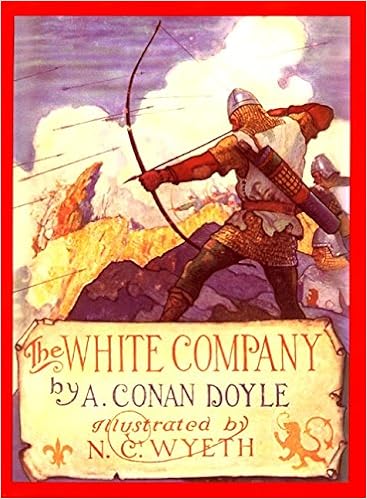. . . . The announcement of Terry Jones's death seems to have revived the controversy he caused with his book, Chaucer's Knight: The Portrait of a Medieval Mercenary (1980).
The book went into 4th edition, which is high achievement for a work of literary, historical criticism, written by a non-academic.
Jones argued that Chaucer's knight had been battle-hardened in the mercenary companies, fighting for plunder and pay, not for a sovereign's honor and glory. The knight's story of battle-hardened legendary Greek figures was to show real politic and war choices, in the manner of Machiavelli. This made sense to me, considering Chaucer's era was that of the 14th century Edward Plantagenets.
Chaucer's King, Richard II, was the grandson of King Edward III. Richard's father was Edward, the Black Prince, who died of illness before his time. King Edward III was elderly, and died not long after, leaving England's future in the hands of a boy king and regents, none of whom had the brilliance and sheer capacity for ruling, hard work or warring possessed by Edward I and Edward III.
These are the times of the Hundred Years War. The English military strategy of chauvachée ruled. For those unfamiliar with the term, chauvachée meant no rules, no decorum: the army lived off the land, plundered everything it could eat and carry, burned the rest, and killed civilians, including women and children, as a matter of purpose. *
The Hundred Years War was a golden age for mercenary war lords and their 'Free Companies." One of the most famous and richest was that of English John Hawkwood.* Joining up with Hawkwood's mercenaries was the foundation of many an English family's rise in fortune and rank, as was the chauvachée plundering of France by members of the English armies. Used to plundering at will with little or no repercussion, some of the nobility and unemployed mercenaries and soldiers during truces took doing the same in parts of the realm of England. It wasn't a very good time for many in England in the dotage years of King Edward III, and the boy king Richard's, and, then, King Richard II's own reign.**
So, count on someone with a high sense of humor, satire and irony -- as we see in every frame of Monty Python works -- to recognize humor, satire and irony, and mockery of genteel Romance-fiction traditions in the work of another great artist like Chaucer. But as with the placement of slavery as central to the history of the American War of Independence, the Constitution, the War of the Rebellion, traditionalists of literary scholarship tended to clutch pearls when first confronted with such irreverent revisionist literary history.
~~~~~~~~~~~~~~~
* There are concrete descriptions of what a campaign of chauvachée meant for entire departments of France in Maurice Druon's historical fiction series, The Accursed Kings.
Also in the excellent biography, The Perfect King: The Life of Edward III Father of the English Nation (2006), by Ian Mortimer.
* * Arthur Conan Doyle's favorite of his own works is an historical novel titled by the name Hawkwood's mercenaries were given, The White Company. There are numerous historical figures in The White Company, including the Black Prince, but Hawkwood is not among them.
*** Richard II was deposed in 1399.
Wednesday, January 22, 2020
Monty Python / Terry Jones, Chaucer & the 100 Years War
Subscribe to:
Post Comments (Atom)




No comments:
Post a Comment